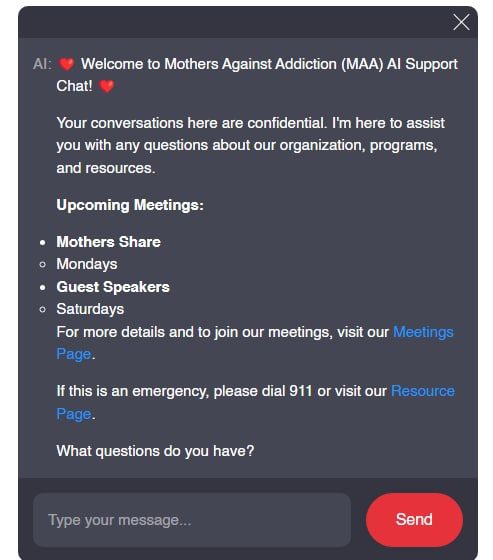In the challenging journey of dealing with addiction, the role of community support can mean the world to families. When a loved one is caught in the throes of substance use disorder, family members often find themselves in a lonely, overwhelming sea of emotions. Isolation can become a cruel companion, intensifying feelings of fear, shame, and helplessness. Community support acts as a beacon of hope, offering not just a network of individuals who’ve walked a similar path but critical resources that ease the road to recovery. In this article, we explore how community support manifests and its crucial role in promoting healing and a sense of belonging for families battling addiction.
Understanding the Essence of Community Support for Families Facing Addiction
Community support serves as a lifeline in times of crisis. Families impacted by addiction are often navigating turbulent emotional waters, and having connections with others can provide them with a safety net. This connection allows for the expression of feelings and receiving empathy, which is essential for emotional regulation. Embracing community support means recognizing that you don’t have to weather this storm alone. Local organizations, support groups, and even friends and neighbors can come together to forge a community that understands the struggles of addiction.
Research tells us that families having natural support systems see profound benefits in mental health and well-being. When families feel supported, they experience decreased feelings of loneliness, an increase in positive emotions, and a definitive reduction in stress. It’s not just about finding people who relate; it’s about feeling a sense of belonging while gaining purpose and accountability.
The presence of community support not only helps to ease the individual suffering of family members but promotes a collective resilience that can empower entire neighborhoods. This is why understanding the role of community support cannot be understated—it’s the glue that can hold families together during the hardest of times.
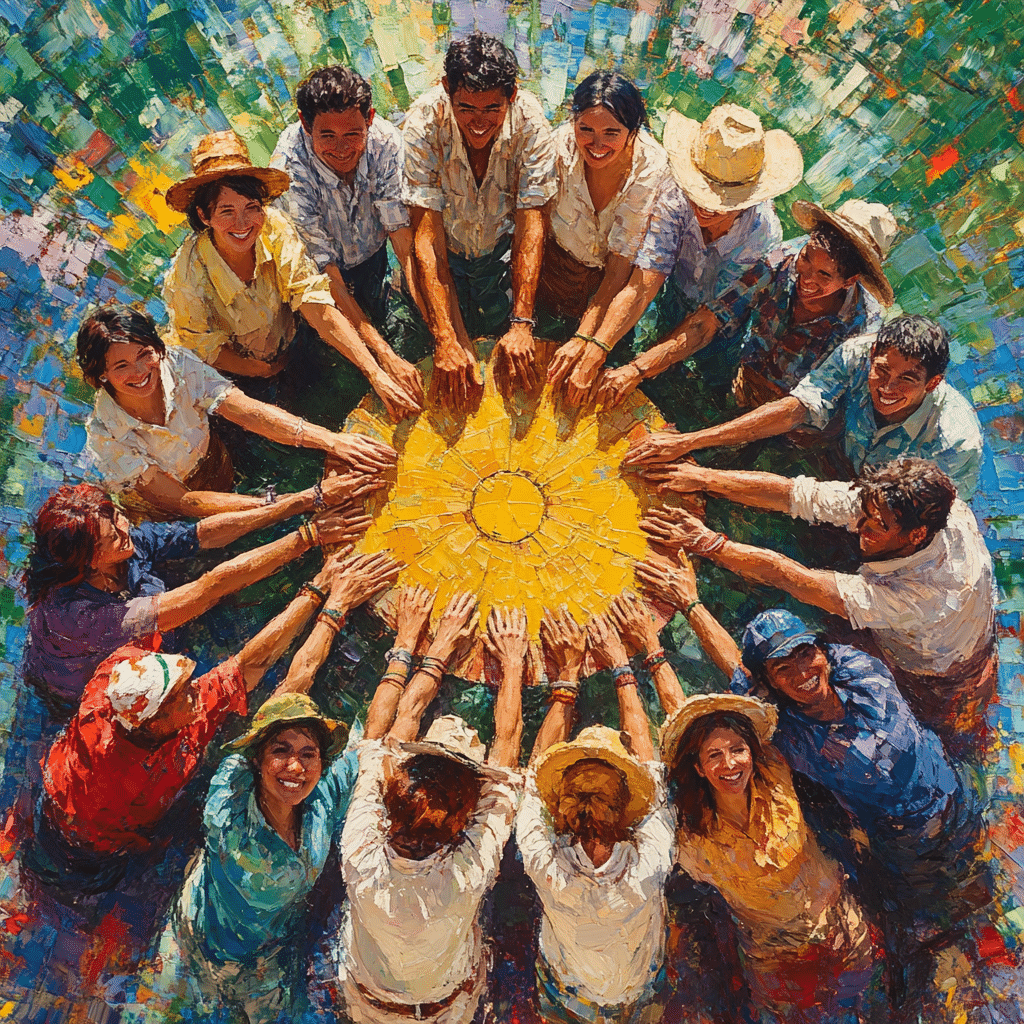
7 Key Ways Community Support Facilitates Healing for Families
Support groups such as Al-Anon and Nar-Anon offer families a sanctuary. In these safe spaces, individuals share their experiences without fear of judgment. Many members recount finding solace in shared stories and realizing they’re not alone. These connections foster emotional bonds that are crucial for managing the stress and anxiety that come with supporting a loved one with addiction.
Local organizations like the Recovery Café and the National Alliance on Mental Illness (NAMI) provide families with invaluable insights regarding treatment options and support services. Workshops are hosted to educate families about addiction, helping them navigate the often convoluted systems of care. With the right information, families can make empowered decisions that facilitate recovery.
Initiatives like Faces and Voices of Recovery create connections between families and those who’ve successfully overcome addiction. Hearing success stories can inspire hope and motivate families. These mentors often share practical strategies that guide families in their efforts to support their loved ones.
Community centers and places of worship frequently hold addiction awareness events to encourage conversations around substance use. For example, the Hope for the Valley organization leads community forums centered on breaking the stigma that surrounds addiction. This dialogue fosters understanding and encourages families to talk openly about their experiences.
Family involvement in treatment plans can significantly bolster commitment to recovery. Programs like the Family Recovery Program encourage family participation, stressing the importance of mutual support. This approach helps maintain motivation for those in recovery and fosters ongoing relationships between family members.
Community initiatives provide ample opportunities for families to bond over healthy activities. Events organized by local nonprofits, like the “Recovery Community Events” by Shatterproof, allow families to connect in drug-free environments, creating cherished memories while reinforcing positive relationships.
Families can join together to advocate for policy changes through organizations like Mothers Against Drunk Driving (MADD) or the Drug Policy Alliance. This participation offers families a sense of purpose and belonging, reminding them they are part of a larger movement dedicated to combating addiction and advocating for change.
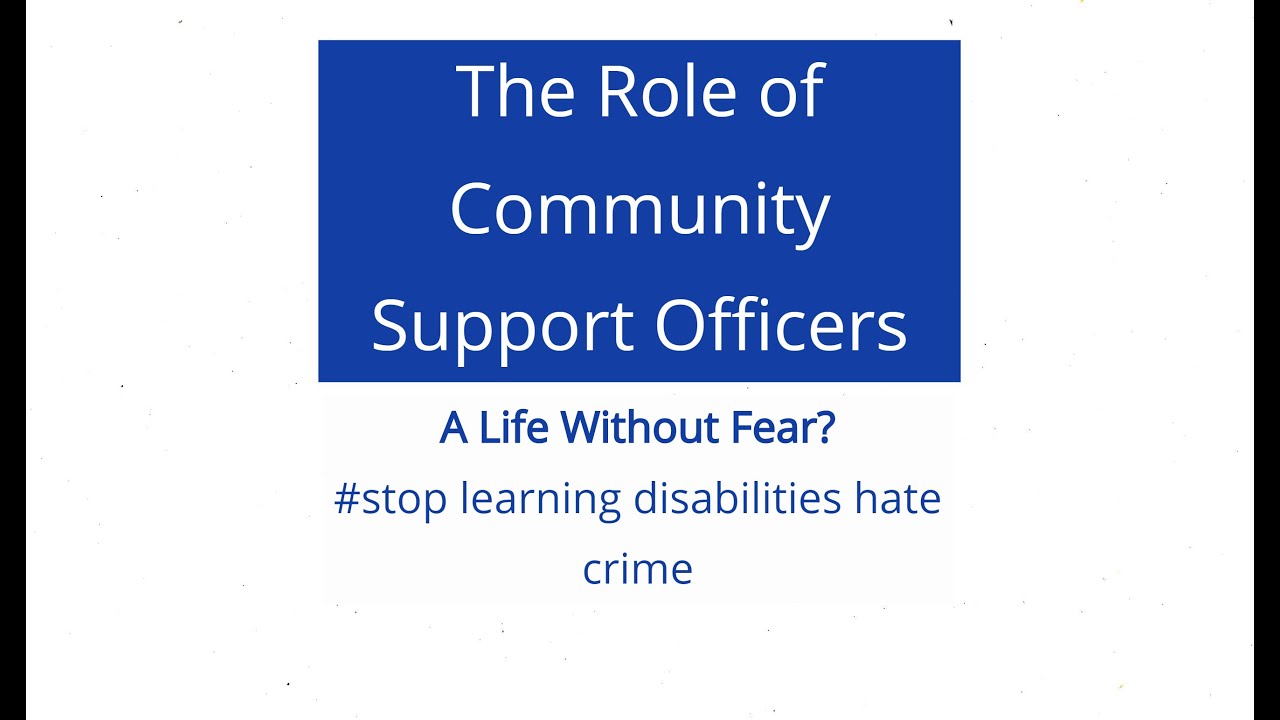
The Positive Impact of Digital Community Support Networks
In today’s digitally connected age, online forums and social media groups are becoming essential in expanding community support. Platforms like Reddit’s r/StopDrinking and Facebook groups focused on addiction allow family members to connect with others worldwide. These virtual spaces provide an outlet for support and discussion, often attracting members who hesitate to attend in-person meetings due to stigma or lack of local resources.
Digital support networks not only enhance accessibility but also improve engagement among members. Research shows that online community support reduces feelings of isolation and fosters vulnerability among participants, which is critical for healing. By harnessing technology, families can bridge geographical distances, creating a vast support network that offers hope and understanding.
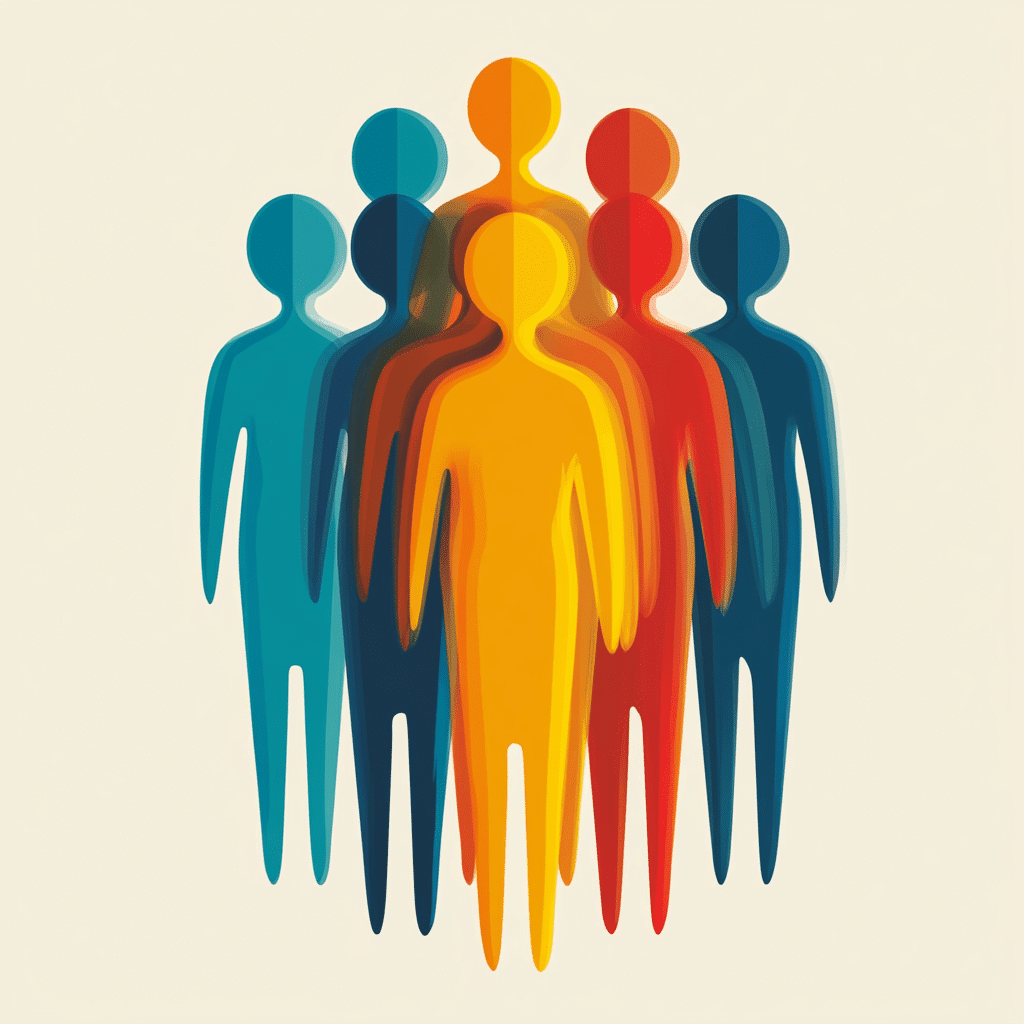
Moving Forward: A Call to Action for Community Engagement
It’s crucial for communities to actively engage in nurturing environments of understanding and compassion. Elevating awareness and providing accessible resources are just as important as creating platforms for open dialogue. Through these efforts, communities can become transformative forces in the healing journeys of families affected by addiction.
Fostering resilience in the face of addiction is everyone’s responsibility. The role of community support is vital in helping families find renewed hope and the strength to overcome adversity. By building networks of compassion and understanding, we not only aid those struggling with addiction but also fortify the bonds within our families and communities, nurturing a legacy of healing for generations to come.
If you’d like to explore the impact of addiction in popular culture, check out our resource on Addiction in Movies And TV. For those interested in literature, take a look at our suggestions for Books about addiction.
Emphasizing the community aspect, remember that no family is alone, and together, we can foster a culture of support that leads to healing and hope.
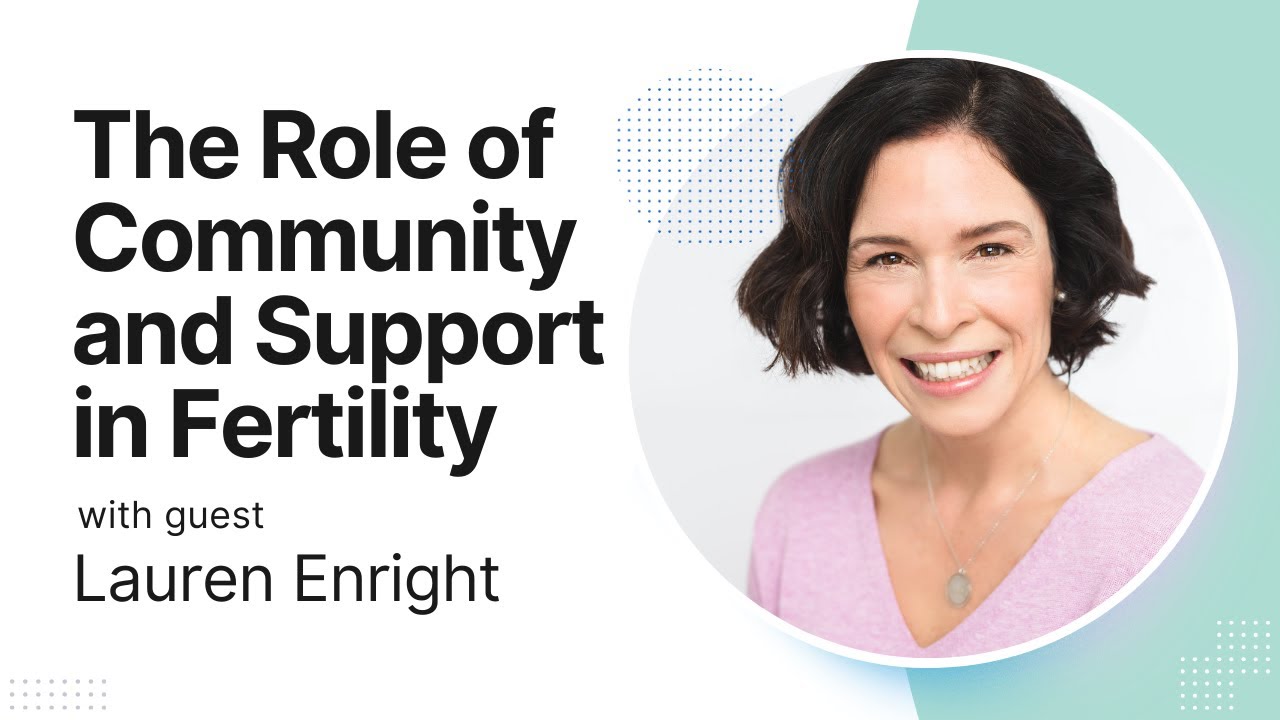
The Role of Community Support
The Power of Connection
Community support plays a crucial role in the healing journey for families affected by addiction. It’s amazing how feeling connected to others can lift our spirits and foster resilience. Did you know that some people turn to specialized living solutions, like double wide manufactured homes for affordable community living? These physical spaces can create a sense of belonging, a vital ingredient for healing. When everyone rallies around a common cause, it strengthens bonds and amplifies hope.
And speaking of hope, the bond forged through shared experiences is often depicted in stories like the movie Change Up. It showcases how friends support each other through challenges, reflecting the reality many families face. This leads us to another interesting fact: spirituality can heighten one’s recovery process. Some tackle their deep-seated issues through addiction and religion, finding solace and guidance in their faith. Community groups often encourage this healing approach, showcasing how diverse paths can converge around a shared goal—wholeness.
Recreation and Resilience
Community isn’t just about emotional support; it’s also about having fun. It might surprise you to know that engaging in recreational activities boosts recovery outcomes. Think about how engaging in hobbies can foster connections—like diving into the Yu-Gi-Oh series, where players build friendships through strategic play. Hobbies not only occupy the mind but can form ties that last a lifetime.
Similarly, take a look at the Maggie Gyllenhaal movies and TV shows; many tackle themes of personal struggle and redemption. They remind us that while we face challenges, we aren’t alone in this journey. Community events often provide that much-needed distraction, drawing people together in supportive atmospheres. Ready for a twist? Sometimes, financial stability aids in recovery! Families often consider how to refinance car loans through Chase, freeing up resources to invest in community activities instead of looming uncertainties.
In summary, the role of community support cannot be overstated in the lives of those coping with addiction. By embracing human connections, leisure activities, and even financial stability, individuals and families can foster an environment that nurtures recovery and resilience. With the right community, every step taken together can light the path toward healing.

Why is community support important?
Community support is important because it provides a safety net during tough emotional times. It lets people express their feelings and offers empathy from others, which can really help in managing emotions.
What is the meaning of community support?
Community support means folks in a neighborhood or group working together to help each other out. This is especially vital for those who may find daily life tough, like the elderly or people with disabilities, ensuring no one has to struggle alone.
What is the purpose of the community support skill?
The purpose of community support skills is to help people in crisis effectively. Those trained in this area can quickly assess situations, calm tensions, and provide immediate help or connect individuals with useful resources.
What is the role of a community helper?
Community helpers play a big role in keeping everyone safe and supported. They include everyday people, like grocery clerks or mail carriers, who help the community run smoothly and improve the quality of life for all.
What is the role of community support?
Community support connects individuals and creates a network where everyone looks out for one another. It fosters a sense of belonging, purpose, and accountability, helping to navigate life’s challenges together.
What are the benefits of having a supportive community?
Having a supportive community can decrease feelings of loneliness, boost positive emotions, lower stress levels, and give people a real sense of belonging and purpose in their lives.
How do you show community support?
You can show community support by simply being there for others, listening to their struggles, volunteering your time, or joining local events and initiatives that aim to lend a hand to those in need.
What makes a community supportive?
A supportive community is characterized by empathy, active engagement, and open communication among its members. It thrives on mutual respect and collaboration, ensuring everyone feels included and valued.
What is the role of the community?
The role of the community is to create an environment where all individuals can feel secure, respected, and connected. This makes it easier for people to find help, share resources, and grow together.
What is the role of a community support worker?
A community support worker assists individuals by offering practical help and emotional support. They listen, provide guidance, and connect people with resources that can improve their overall well-being.
Why is community service so important?
Community service is important because it strengthens bonds among members, creates a sense of shared responsibility, and helps tackle local issues. It builds a better place for everyone to live and thrive.
What is the support community?
A support community consists of individuals united by shared experiences or challenges. This network helps provide emotional and practical support, making it easier to face difficulties together.
What is the role of a community worker?
Community workers play a crucial role in assisting those in need. They facilitate access to resources, provide support, and advocate for individuals, ensuring that the community functions well and supports its members.
What does each community helper do?
Each community helper has their own role, like the grocery clerk who makes shopping easier, the farmer who supplies food, and the mail carrier who keeps people connected through mail. All contribute to a healthy community.
What makes a good community health worker?
A good community health worker is empathetic, listens well, and knows how to connect folks with the right resources. They need strong problem-solving skills and the ability to manage crises effectively.
Why is community service so important?
Community service is important because it fosters connections and makes a difference in people’s lives. It helps build a sense of belonging and pride while addressing the needs of the community.
Why is community and social support important?
Community and social support are crucial because they enhance mental health and well-being. They reduce feelings of isolation and provide essential resources and emotional backing when times are tough.
Why is community care important?
Community care is important because it encourages people to look after one another, ensuring no one feels alone. It promotes holistic well-being by connecting individuals to resources and support networks.
What is community and why is it important?
A community is a group of people who share common interests or goals and interact regularly. It’s important because it fosters relationships and a sense of belonging, helping everyone to navigate life’s challenges together.



























